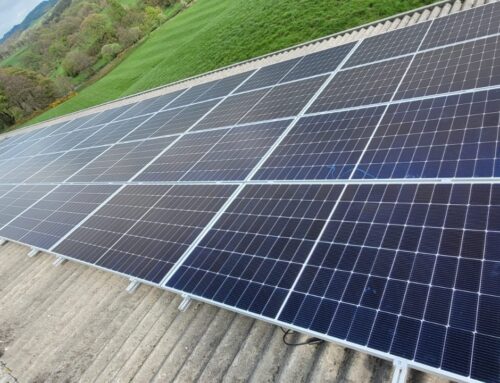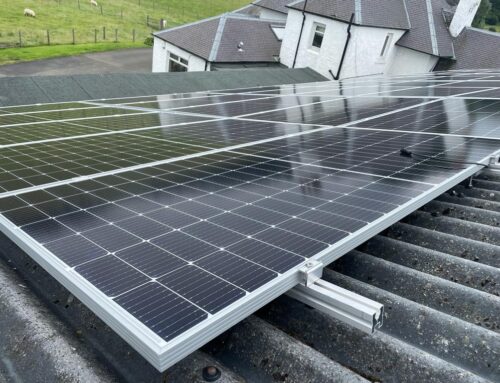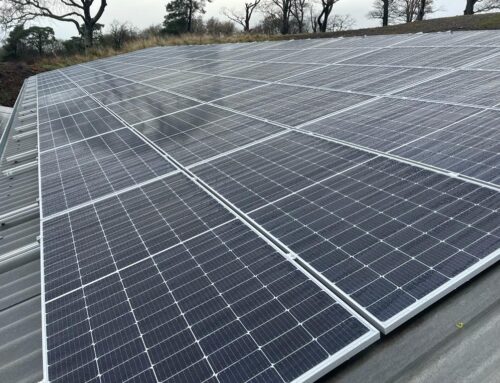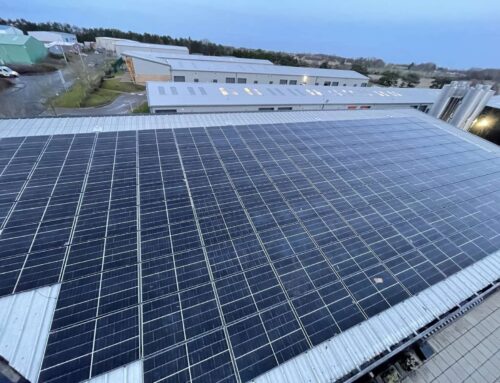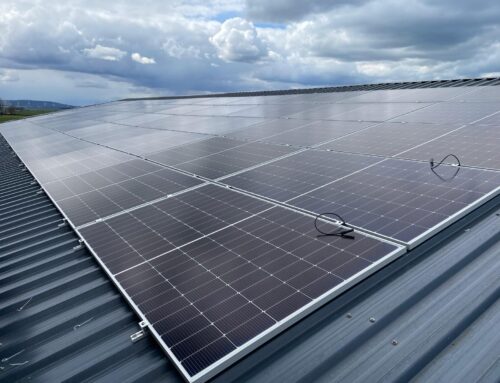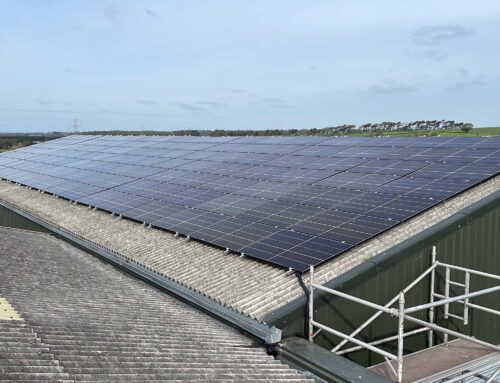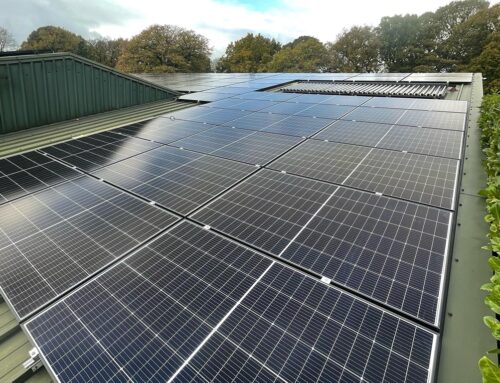By utilising solar energy, your company can minimise its carbon footprint and reduce its dependency on fossil fuels. With commercial solar panel installation in the UK, you can lower your energy expenses, improve your bottom line, and support your company’s long-term growth. Let us discover the leading industries that stand to gain the most by leveraging the power of renewable energy.
Agriculture Sector: Agricultural enterprises and farmers are using solar energy to power a variety of operations, from greenhouses and irrigation systems to barns and water pumps. Solar energy can be a dependable and affordable energy source, particularly in isolated locations with patchy or non-existent grid connectivity. Farmers can boost their profit margins by drastically lowering operating expenses and producing power on their property. Solar power promotes sustainable farming methods by reducing carbon emissions and reliance on fossil fuels.
Manufacturing Sector: Manufacturing companies sometimes need a lot of energy to operate their activities, from heavy machinery to maintaining climate control in production buildings. Due to its high energy demand, solar energy is a desirable replacement for conventional power sources. Manufacturers may immediately affect their bottom line by lowering energy expenses and carbon footprint by incorporating solar panels into their operations. In order to maintain business continuity in areas vulnerable to power outages or volatile energy prices, solar energy also offers energy security. By utilising solar energy, enterprises can increase their marketing prospects by appealing to environmentally conscious consumers and meeting sustainability regulations.
Commercial Real-Estate: Developers and owners are adding solar panels to commercial real estate assets to draw in eco-aware tenants and raise the property’s worth. Properties can become more competitive and enticing in the market by using solar energy to reduce energy expenditures for building owners and tenants. Longer leases and higher occupancy rates are the result of tenants’ appreciation of the potential to support green initiatives and save money. Solar-powered buildings could stand out as premium options in the real estate market as using renewable energy sources becomes increasingly important in property selection.
Heavy Industries: The manufacturing of chemicals, steel, and cement are examples of heavy industries well-known for their large energy requirements and corresponding carbon emissions. These sectors are starting to use solar energy to lower operating costs and counteract their dependency on fossil fuels. Heavy industry businesses can reduce their environmental impact and save significant money by incorporating solar panels into their industrial buildings. In addition to other energy sources, solar power can provide a steady and reliable electricity supply for vital industrial operations.
In Conclusion
Solar technology will have a bigger impact on how industries develop in the future as it gets better and more economical. Our solar PV specialists are changing the nation, one facility at a time, from solar panels in Edinburgh in the north to Southampton on the southern shore. Companies adopting these trends stand to gain from increased efficiency and cost savings and become known as industry leaders in sustainability.

